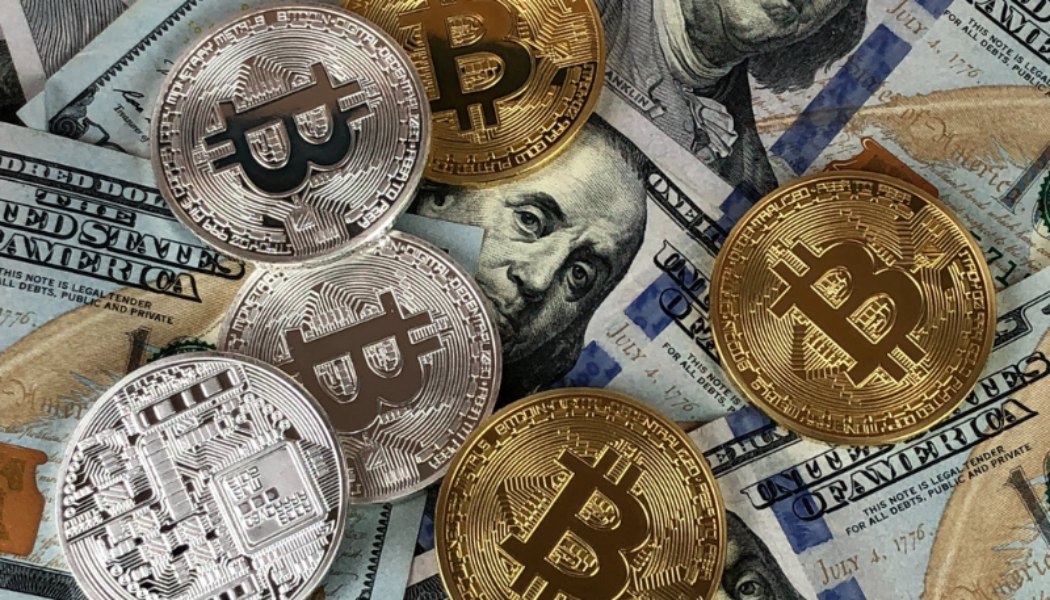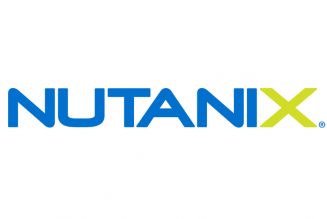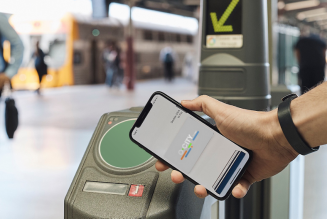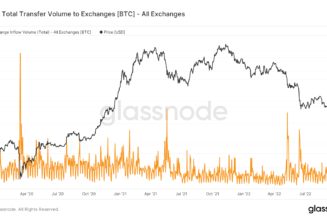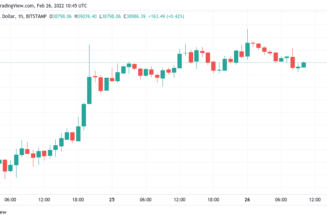/* custom css */
.tdi_4_8ce.td-a-rec-img{ text-align: left; }.tdi_4_8ce.td-a-rec-img img{ margin: 0 auto 0 0; }
While the COVID-19 crisis has reversed the recent global poverty reduction, according to the UN and other experts, it has also sped up financial inclusion via mobile financial services apps provided by crypto, blockchain and FinTech startups.
Many people worldwide take for granted the services billions of others struggle to access.
In their book “Financial Exclusion and the Poverty Trap,” authors Pamela Lenton and Paul Mosley assert that one of the main causes of poverty is financial exclusion, which they define as the inability to access finance from mainstream banks.
/* custom css */
.tdi_3_d8d.td-a-rec-img{ text-align: left; }.tdi_3_d8d.td-a-rec-img img{ margin: 0 auto 0 0; }
The Global Finance news outlet took that definition a bit further by saying that financial exclusion undermines the quality of life of hundreds of millions of people globally who have no checking or savings bank account. And they add: it holds back their nations’ economies as well.
Blockchain for Financial Inclusion
“Blockchain was highlighted as one of the technologies that will accelerate progress towards the SDGs,” said Dr Jane Thomason of Fintech Worldwide.
“Blockchain-based digital identity can unlock many barriers faced by the poor, as well as facilitate greater economic growth through ease of transactions. Once a person has an identity, they can potentially have access to a range of services.”
She gave a real-world example: “Humanitarian organisations, like the World Food Programme, are deploying blockchain in refugee camps to address a multitude of issues beyond digital identity: cash transfers and remittances, the integrity of donor fund flows, property registry, employment rights, human trafficking, education, and asylum-processing.”
Based on a joint study by the World Bank, University of Cambridge, and World Economic Forum, the FinTech projects (many of which are blockchain-powered) have continued to help expand access to financial services during the COVID-19 pandemic—particularly in emerging markets—with strong growth in all types of digital financial services except lending.
How Blockchain Startups fight Financial Exclusion
In reference to the AnyTask Platform and the ETN-Network, CEO and Founder, Richard Ells states that both of these startups aim to help reduce financial exclusion.
Ells said helping address financial exclusion has been possible by enabling the unbanked and underbanked access to the global digital economy via crypto apps, such as the ETN App that allows users to send, receive and transfer ETN worldwide at a fraction of a US cent.
“The AnyTask Platform, specifically, allows people with even just a smartphone, tablet, or laptop to sell their skills globally,” said Ells.
“These freelancers then earn ETN (Electroneum’s native cryptocurrency) they can use for everyday items, payment of services, and to top-up their phones without requiring a bank account.”
Richard Ells and his ETN-Network and AnyTask.com teams were recognised in March 2020 by City AM with an award for Sustainability and Social Impact.
Crypto for Financial Inclusion
The Blockchain Council, a group of 1500 experts and enthusiasts from 300 companies in 90 countries says that the introduction of digital currencies, empowered by blockchain technology, can be seen as a potential for empowering financial inclusion globally.
It can allow developing nations to overlook traditional banking services and transact using just a mobile phone. Gaining access to financial services through digital currencies will allow people to improve their standards and raise their household incomes.
“Undoubtedly, cryptocurrency can drive financial inclusion as there is an urgent urge for monetary innovations, especially in the developing countries that will help in decreasing the cost of processing transactions, making the world less dependent on cash, and obviously increasing the mobility of money across the globe,” the Blockchain Council reiterated.
Beyond quickly transforming how people today create, store and transfer value, cryptocurrencies are accelerating financial inclusion in ways in which mainstream financial institutions have either been unwilling or unable.
However, cryptocurrency’s possibilities go way beyond serving the unbanked. It enables developing nations and people without access to financial services to avoid the bank completely and transact and grow small businesses using just a mobile phone.
Edited by Luis Monzon
Follow Luis Monzon on Twitter
Follow IT News Africa on Twitter
/* custom css */
.tdi_5_668.td-a-rec-img{ text-align: left; }.tdi_5_668.td-a-rec-img img{ margin: 0 auto 0 0; }
